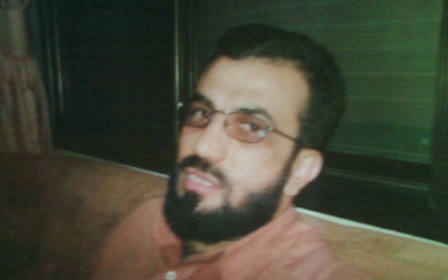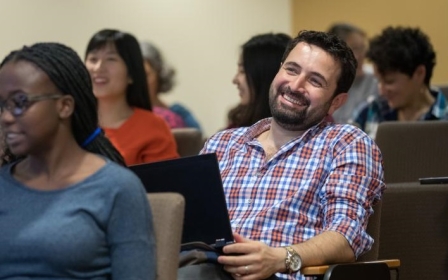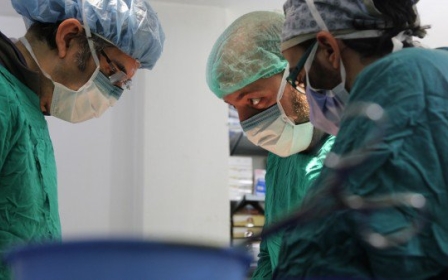Polio returns to Syria after three years

Three new cases of polio have been recorded in Syria in the first outbreak of the virus in the country since 2014, the World Health Organisation and a partner initiative said.
The new cases were registered in the oil-rich province Deir Ezzor, the majority of which is controlled by the Islamic State group and where a siege of the capital has restricted access to basic goods for some of the population.
An outbreak hit the province in 2013-2014, when 36 cases were reported, according to the Global Polio Eradication Initiative.
WHO spokeswoman Sona Bari told AFP on Thursday that the new cases are from a different strain of the virus.
The current form of the virus mutated from strains in the oral polio vaccine, the initiative said, as opposed to the "wild" polio which caused the last outbreak and led to the vaccination of millions of children in the Middle East.
"Circulating (vaccine-derived polio viruses) are extremely rare forms of polio virus... that can emerge in under-immunised populations," it said in a statement.
"Although access to Deir Ezzor is compromised due to insecurity, the governorate has been partially reached by several vaccination campaigns against polio and other vaccine-preventable diseases since the beginning of 2016," the initiative said.
"Outbreak response plans are being finalised," it added.
Meanwhile medical journal the Lancet reported that healthcare workers, clinics and hospitals were attacked more than 400 times last year in Syria's civil war.
A total of 402 such attacks - many of them fatal - were registered between November 2015 and December 2016, it said.
A blow for eradicating the disease globally
The discovery is a fresh blow for hopes of eradicating the disease globally - a goal that was set for the year 2000 when the eradication initiative was launched in 1988, but which has been repeatedly pushed back, with billions of dollars spent on trying to snuff out the last remaining pockets of disease.
Polio invades the nervous system and can cause irreversible paralysis within hours, and spreads rapidly among children. If transmission can be prevented, it would be only the second human disease to be eradicated since smallpox was banished in 1980.
The original wild virus still circulates in Afghanistan and Pakistan, but vaccine-derived polio can resurface in warzones and areas with poor health coverage, since the excrement of people who have been vaccinated may infect those who have not.
Nigeria, Laos and Congo have also seen vaccine-derived polio cases in the past three years.
Stay informed with MEE's newsletters
Sign up to get the latest alerts, insights and analysis, starting with Turkey Unpacked
Middle East Eye delivers independent and unrivalled coverage and analysis of the Middle East, North Africa and beyond. To learn more about republishing this content and the associated fees, please fill out this form. More about MEE can be found here.




